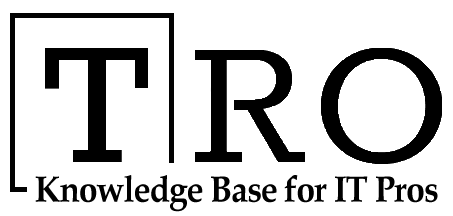Does GitHub’s New AI tool Violate Copyrights?
GitHub launched a new AI-powered tool called Copilot, last week. The tool is meant to help developers by automatically suggesting code snippets.
The tool was developed by GitHub in conjunction with OpenAI by training the system on publically available source code.
While the company’s tool feels like any other AI project’s training method, however, several people criticized GitHub’s move on Twitter. The tweeters called it a violation of copyright.
In response, Julia Reda, researcher and former Member of the European Parliament, has argued that GitHub’s tool doesn’t violate copyrights, on her blog.
She argues that while the idea of a giant corporation such as Microsoft using public code might seem against the idea of copyleft, banning it would be an even bigger misstep. Trying to prevent it would just end in tighter copyright laws, which will undermine copyleft.
Afterward, she added that text and data mining is not against copyright laws.
Also Read: Nvidia’s Canvas AI Painting Tool Turns Color Blobs into Realistic Imaginaries
Plus, in this case, machine-generated work, for instance, code snippets generated by the Copilot tool, can’t be called derivative work. It is not covered under intellectual property rules:
“On the other hand, the argument that the outputs of GitHub Copilot are derivative works of the training data is based on the assumption that a machine can produce works. This assumption is wrong and counterproductive. Copyright law has only ever applied to intellectual creations – where there is no creator, there is no work. This means that machine-generated code like that of GitHub Copilot is not working under copyright law at all, so it is not a derivative work either.”
Around the world, there is a lot of debate going on related to tweaking IP-related policies. But, it will take some time till these arguments will be put to bed.

